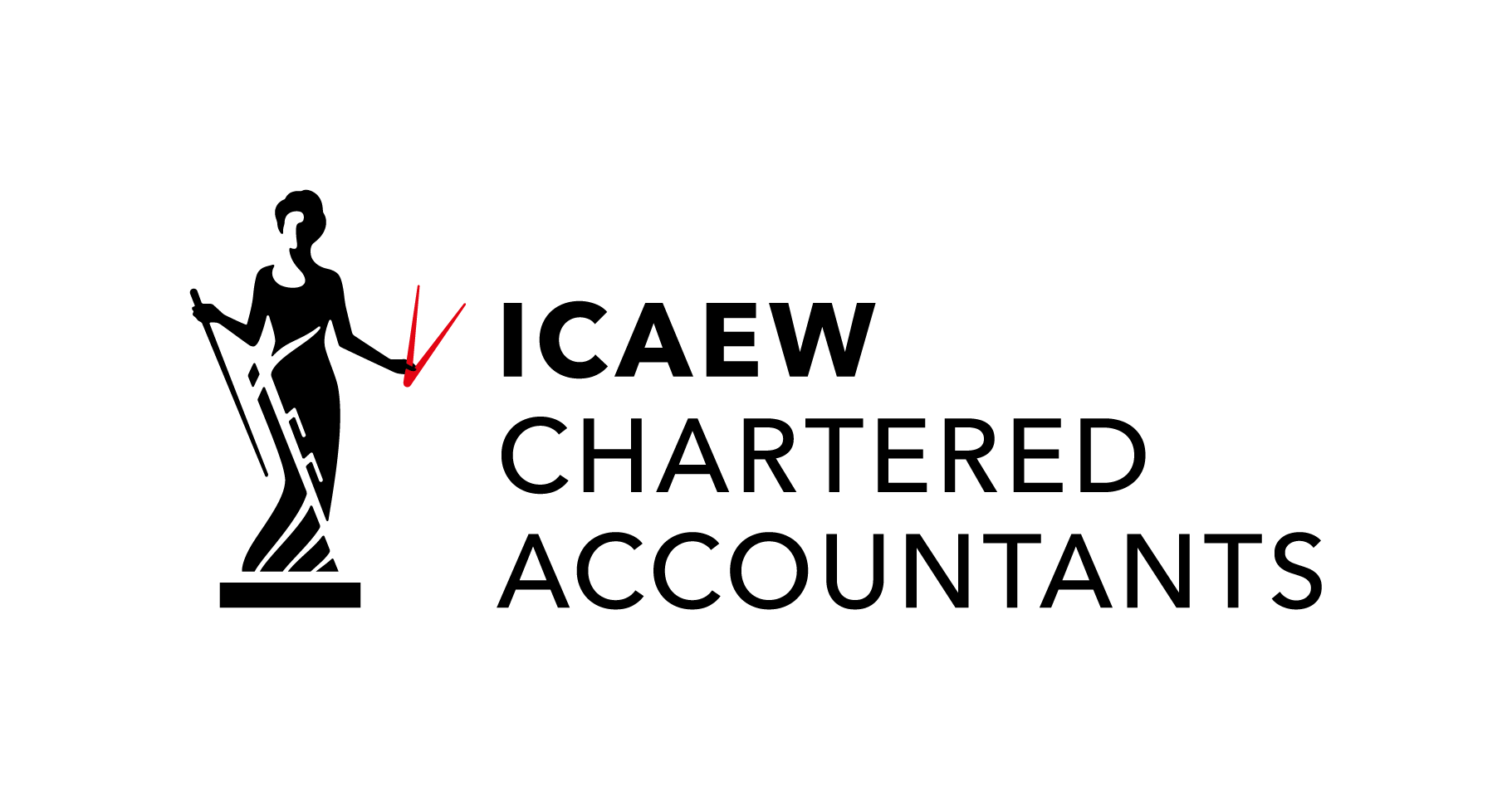
Quote by Nigel Holland.
“Older homeowners may face care home fees that could involve selling their property, but several protections exist. Your home is excluded from assessment if a spouse, partner, or elderly relative lives there, or if you receive care at home. The first 12 weeks in care are disregarded, and Deferred Payment Agreements allow costs to be repaid later. Gifting property can trigger deprivation of assets rules, but legitimate options include tenants-in-common ownership, property protection trusts, and careful estate planning. With expert advice, you can protect your home, comply with regulations, and preserve your family’s inheritance while ensuring quality long-term care.”
How to Protect Your Home from Care Fees: Rules and Strategies for Older Homeowners
For many older people, the family home is their most valuable asset — not only financially but also emotionally. However, when the need for long-term care arises, there is often concern that the local authority may require the sale of the property to pay for care home fees. Understanding the rules and planning ahead can make a significant difference in protecting your home and your estate.
How the Care Fee System Works
In England, care home fees are means-tested. This means that the local authority will assess both your income and capital (savings, property, investments, etc.) to decide whether you must pay for your care in full or if you qualify for support.
As of 2025, the key thresholds are:
-
- Over £23,250 in assets: You will be expected to pay the full cost of your care (“self-funding”).
- Between £14,250 and £23,250: You will contribute part of your care costs from your income and capital.
- Below £14,250: The local authority will fund your care, though most of your income (such as pensions) will still go towards fees.
Your home may be included in this assessment — but there are important exemptions and protections to consider.
When Your Home Is Not Counted
The value of your home is ignored in the financial assessment if:
-
- Your spouse or civil partner still lives there.
- A relative aged 60 or over, or a dependent child, continues to live there.
- You are receiving care at home rather than moving into a residential care setting.
In these cases, your property remains protected and cannot be used to fund care fees.
The 12-Week Property Disregard
If you move permanently into a care home and your property would otherwise be included in the means test, local authorities must disregard the value of your home for the first 12 weeks.
This period allows you and your family time to consider your options — such as selling the home, renting it out, or exploring deferred payment arrangements.
Deferred Payment Agreements
If your home is included in the assessment and you do not wish to sell it immediately, most councils offer a Deferred Payment Agreement (DPA).
Under a DPA, the local authority effectively lends you the cost of your care, secured against the value of your home. The loan (plus interest) is repaid when the property is eventually sold — either during your lifetime or after your death.
This arrangement allows you to delay selling your house and provides peace of mind that care costs can be met without losing your home immediately.
Gifting or Transferring Your Home
Many people consider gifting or transferring their home to children or relatives to avoid care costs. However, this must be approached with extreme caution.
If the local authority believes you have transferred ownership deliberately to avoid paying care fees, it can invoke the “deprivation of assets” rule. In this case, the value of the property may still be treated as part of your assets as if you still owned it — defeating the purpose of the transfer.
Timing, intent, and evidence are crucial here, and professional advice should always be sought before taking action.
Legitimate Ways to Protect Your Home
There are several lawful and effective ways to safeguard your property:
-
- Joint Ownership and Tenancy Planning
If you own your home as tenants in common, each partner can leave their share to someone else (such as children) via a will. The surviving partner retains the right to live in the home, but their share of the property is protected from care assessments. - Setting Up a Property Protection Trust
A Life Interest Trust or Property Protection Trust Will can ensure that half of your home passes to your children when the first partner dies, rather than being used to fund the survivor’s care costs. - Careful Estate Planning and Legal Advice
Combining wills, trusts, and inheritance tax planning can create a strong layer of protection while staying fully compliant with HMRC and local authority regulations. - Equity Release or Lifetime Mortgages (with caution)
In some situations, releasing equity from your home can help fund care privately while preserving ownership. This should only be done after careful consideration of tax and inheritance implications.
- Joint Ownership and Tenancy Planning
Professional Guidance Is Key
Navigating care fee rules and property protection requires detailed financial and legal understanding. At Holland & Co Chartered Accountants, we can help you:
-
- Understand how the care fee system applies to your situation.
- Review your property ownership and wills.
- Create effective estate plans and trusts.
- Ensure all actions comply with HMRC and local authority guidelines.
Final Thoughts
With the right planning and advice, it is possible to protect your home and preserve your family’s inheritance while ensuring you have access to quality care. Acting early — before care is needed — is the best way to keep your options open and secure peace of mind.
